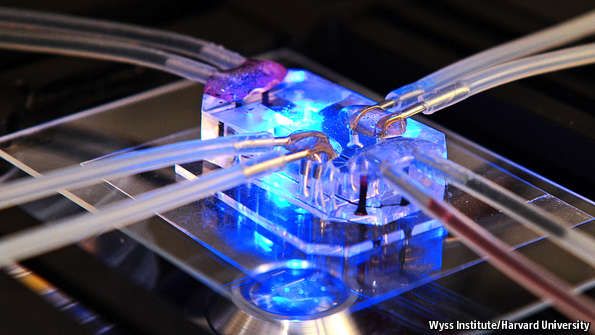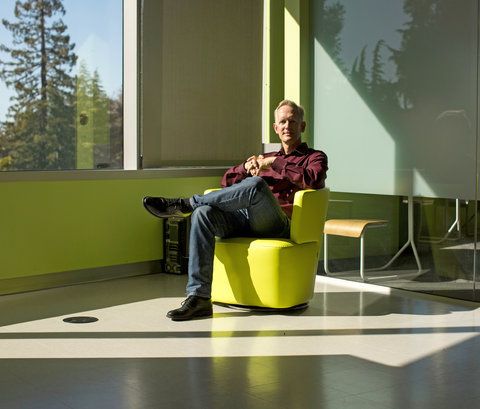Oh, Joy. This is what OTHER planets are for! So let’s get out there already!




“BFI is thrilled to announce the launch of our web-based Dymaxion Reading Group; participants will discuss text about, by, or related to Buckminster Fuller, facilitated by experts and guests from our network. … We are launching the program with Operating Manual for Spaceship Earth, gathering for discussions online starting the first week in July as part of the ongoing celebration of the anniversary of Bucky’s 120th birthday.
Initially published in 1969, and one of Buckminster Fuller’s most popular works, Operating Manual for Spaceship Earth is a brilliant synthesis of his world view and a great introduction to his ideas. In this volume, Fuller investigates the great challenges facing humanity, and the principles for avoiding extinction and “exercising our option to make it.” How will humanity survive? How does automation influence individualization? How can we utilize our resources more effectively to realize our potential to end poverty in this generation? He questions the concept of specialization, calls for a design revolution of innovation, and offers advice on how to guide “spaceship earth” toward a sustainable future.”

“What makes organ chips potentially so effective in drug testing is that they create not just the biochemical environment necessary for the cells to thrive but also the physical one…This use of stem cells in organ chips raises the possibility of a device that represents an individual patient—a patient-on-a-chip, if you like. In this case all the tiny organs would be derived from a single person: tests could then be carried out on the device to find what combinations of drugs and dosages work best for that patient.” Read more

The US has a plan for Americans to live in space. In 2012, the National Research Council was commissioned by Congress to roadmap the future of human space exploration. Last June, the team published its findings in a massive report, which called for several action steps to be taken immediately. One year later, are we on track?

“We don’t think people will give up their own cars. Americans like to do everything in the cars. They eat in cars, they drink in cars, they have entertainment in cars and they change clothes in cars — people who leave the office at lunch and sleep in their cars, or wait in their cars for an hour at a time for their children. Driving is really the distracting thing we do in cars.” Read more



“Many—if not most—of the Earth’s aquifers are in trouble. … That’s the finding of a group of NASA scientists, who published their study of global groundwater this week in the journal Water Resources Research. Water levels in 21 of the world’s 37 largest known aquifers, they report, are trending negative.”